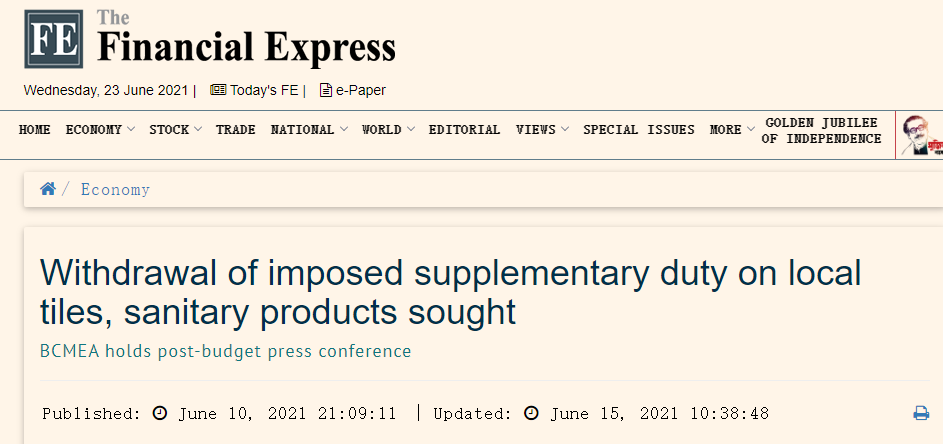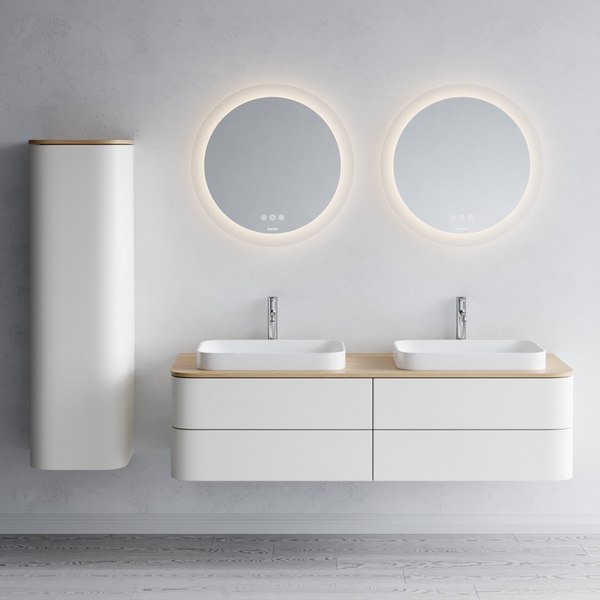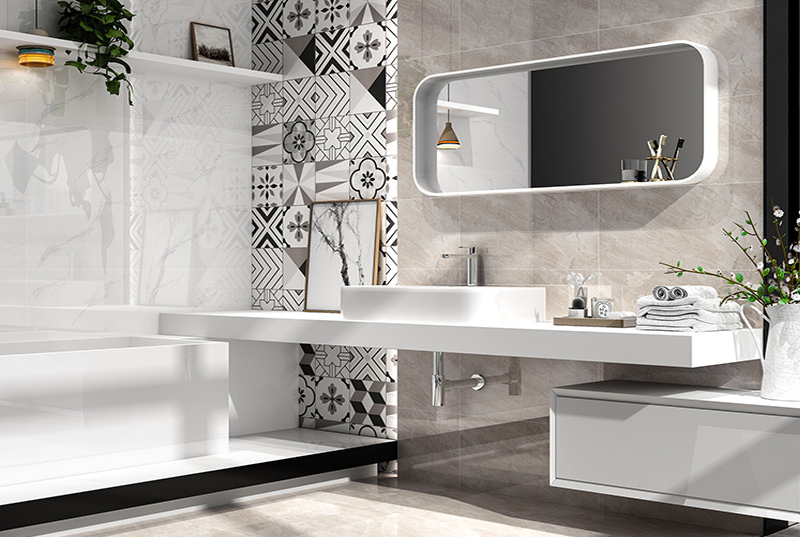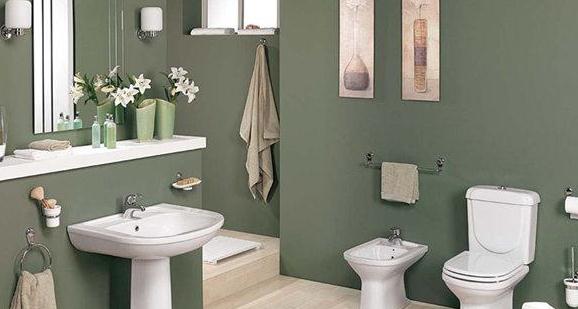Cociña & Sanitary Industry Mainstream Media Kitchen & Sanitary News
A few days ago, Bangladesh ceramic manufacturers demanded the elimination of additional taxes on local tile and sanitary ware manufacturers, raising import tariffs on tiles and sanitary ware.

According to the Financial Express, the Bangladesh Ceramic Manufacturers and Exporters Association (BCMEA), in a press conference on the national budget for the new fiscal year (2021-2022), raised the demand for higher tariffs on imported foreign tiles and sanitary ware to protect the local industry.
Currently, Bangladesh imposed a 15% surtax and 10% VAT on local tiles and sanitary ware, respectivamente.
BCMEA believes that encouraging the importation of foreign tiles has hindered the development of the local ceramic industry. The country’s SRO Policy No. 161-Act / 2021/158-Mushak provides for a 15 percent surcharge and 15 percent VAT on local ceramic manufacturers only. Imported tile and sanitary ware dealers are not included in this policy and are therefore exempt from paying both taxes.

Currently, there are 68 ceramic manufacturers in Bangladesh with about Tk 90 billion (Rs 6.9 billion) in local and foreign investments, including 20 tableware factories, 30 tile factories and 18 sanitary ware factories. The market size of ceramic products in the country in 2019 is about Tk 350 billion (Rs 26.7 billion).
According to the Bangladesh Export Promotion Bureau, the pandemic had a significant impact on the country’s ceramics industry in 2020. Total exports of various ceramic products shrank by 59.45 percent to $27.97 million (Rs. 180 million) from $68.97 million (Rs. 440 million) in the previous fiscal year.
Bangladesh’s main competitors are China and India. With the global financial crisis and rising labor costs, many developed countries are placing more orders with low-cost producing countries such as Bangladesh. China has the largest market share in the global ceramics market, with a particularly strong performance in the EU market. Porén, China has raised its export tariffs on ceramic products, making Chinese ceramics more expensive and paving the way for Bangladesh to grab market share in ceramics. Currently, Mon ceramics products are exported to more than 50 países, including the United States, China, Xapón, Poland, India, Indonesia, Croatia, Romania, Turkey, Russia, España, Norway, New Zealand, Denmark, Italy, Australia, and the United Kingdom.

Notably, the country will regulate tariff preferences under bilateral, regional, and multilateral trade agreements, according to a May 8 report in the Financial Express. According to the report, the Bangladesh government plans to implement new regulations governing tariff preferences in the new fiscal year (2021-2022). After the new regulations come into effect, importers must submit the certificate of origin of the goods, the date of issue of the certificate and other relevant supporting documents when applying for tariff preferences. If the importer submits the goods of origin to prove that the material is not complete, not to comply with the appropriate rules of origin procedures, or does not meet the tariff preference standards, customs officials can refuse to give the relevant imported goods tariff preferences. Ademais, the importer must retain the information related to the certificate of origin for five years, and provide relevant information at any time when required by customs officials.
Please stay tuned for kitchen and bathroom information on whether Bangladesh eventually increases import tariffs on tiles and sanitary ware.

 Provedor de fábrica de grifos iVIGA
Provedor de fábrica de grifos iVIGA
